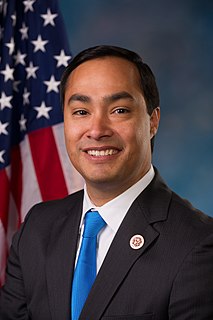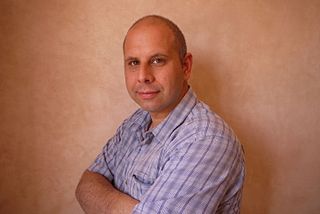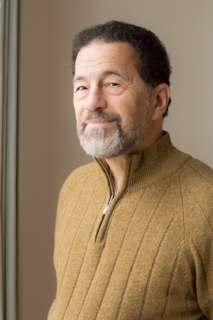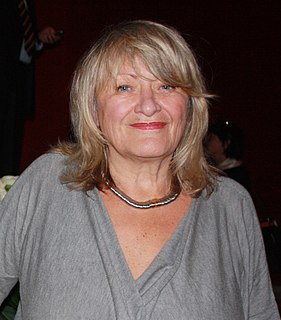A Quote by Joaquin Castro
Terrorism has essentially become a franchise in the Middle East and North Africa and increasingly in other parts of the world.
Related Quotes
As the CIA tried to find itself, the threat of international terrorism emanating from the Middle East, Africa, North Africa and Central and Southeast Asia grew with each strike: the first World Trade Center attack in 1993, the bombings of U.S. embassies in Kenya and Tanzania in 1998, and the 2000 attack on the U.S.S. Cole.
I have for some time now been deeply troubled by the growing difficulties faced by Christian communities in various parts of the Middle East. It seems to me that we cannot ignore the fact that Christians in the Middle East are increasingly being deliberately targeted by fundamentalist Islamist militants.
We have to remember examples of many artists of conscious rap who have been coopted by the Department of State of the United States to be cultural ambassadors in different parts of the world, like Syria, like other parts of the Middle East, including conscious Islamic-American rappers that are representing an international political agenda for the United States through cultures more affable for people of color in other parts of the world.
But when you only speak using generalizations, you run the danger of denying the specific. In recent decades, millions of people have come to us from cultural groups within which women have absolutely no rights. They do not have a voice of their own and they are totally dependent on their fathers, brothers or husbands. That applies to North Africa and that applies to large parts of the Middle East. It isn't always linked to Islam.
Twenty-five years after the fall of the Berlin Walland the lifting of the iron curtain, troublespots abound: the Middle East and parts of Africa lack a stable regional security architecture; in east Asia, nationalist tendencies and competing ambitions are threatening peace and stability in the region and beyond.
Livestock adopted in Africa were Eurasian species that came in from the north. Africa's long axis, like that of the Americas, is north/south rather than east/west. Those Eurasian domestic mammals spread southward very slowly in Africa, because they had to adapt to different climate zones and different animal diseases.


































